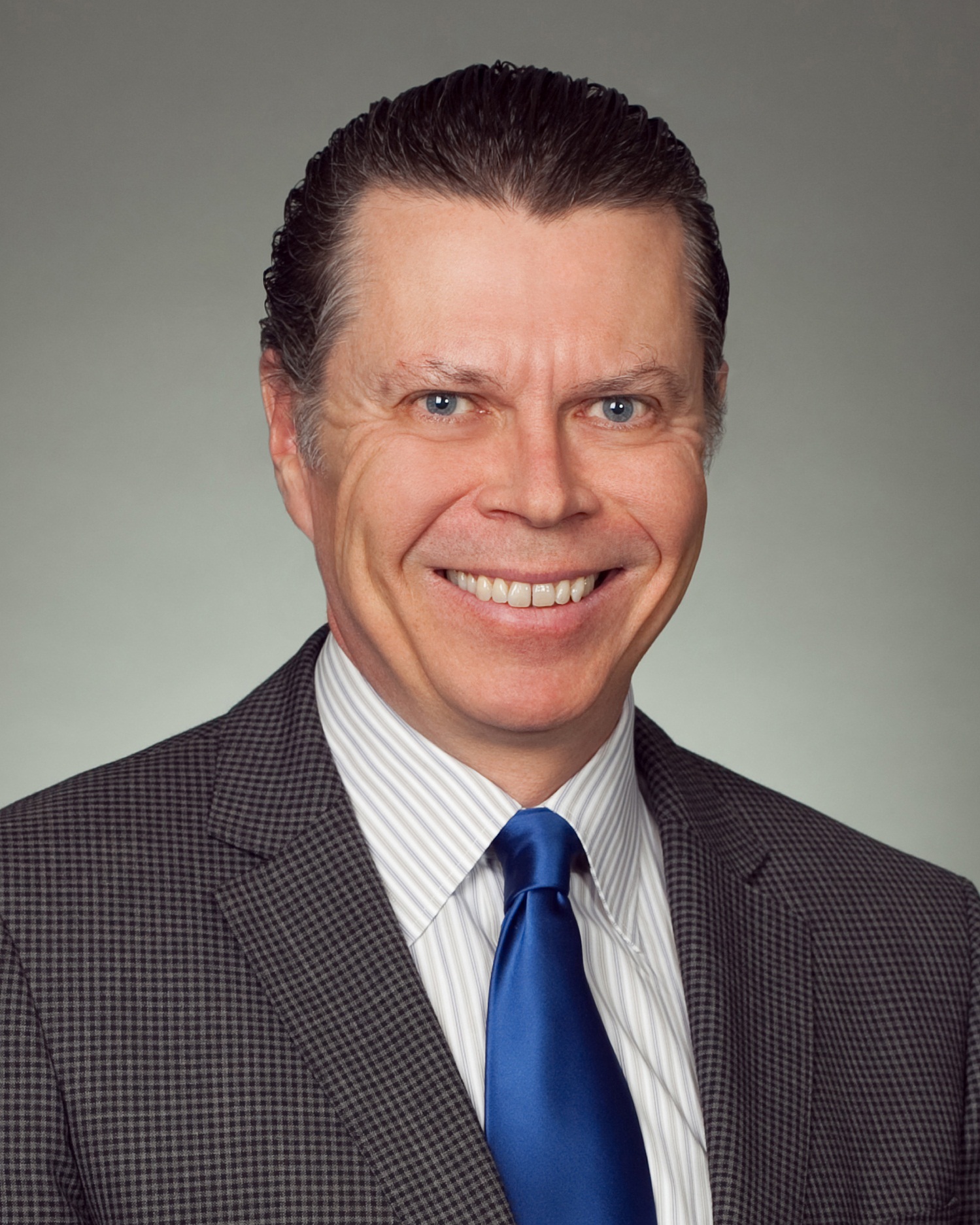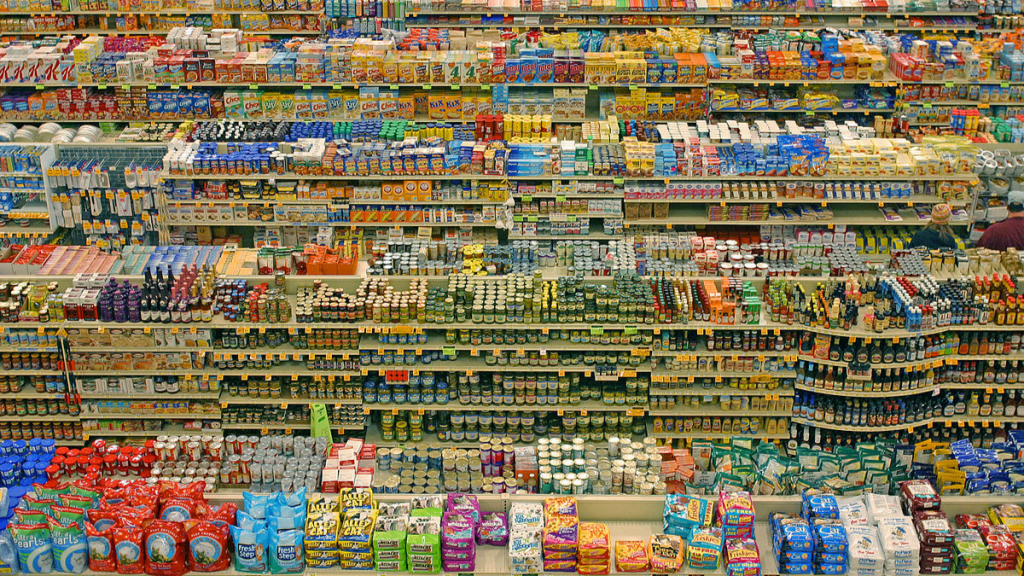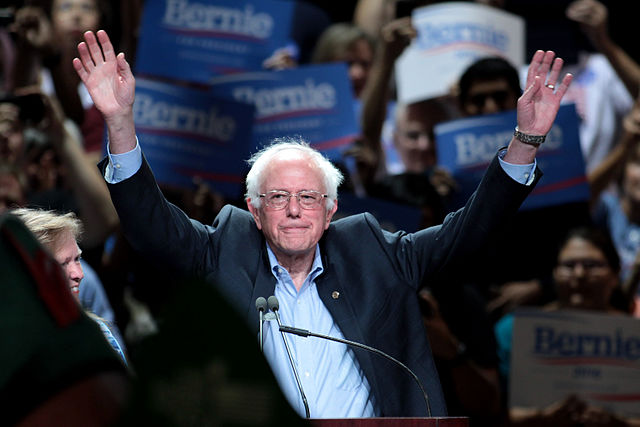
Don Boudreaux
Professor of Economics
George Mason University
Professor Donald J. Boudreaux was the Chairman of the Department of Economics at George Mason University in Fairfax, Virginia, from August 2001 to August 2009. Previously, he was president of the Foundation for Economic Education (1997-2001); Associate Professor of Legal Studies and Economics at Clemson University (1992-1997); and Assistant Professor of Economics at George Mason University (1985-1989).
During the Spring 1996 semester he was an Olin Visiting Fellow in Law and Economics at the Cornell Law School. His PhD in economics is from Auburn University (1986) and his law degree is from the University of Virginia (1992).
He has lectured, in the United States, Canada, Latin America, and Europe, on a wide variety of topics, including the nature of law, antitrust law and economics, and international trade. He is published in The Wall Street Journal, Investor’s Business Daily, Regulation, Reason, Ideas on Liberty, The Washington Times, The Journal of Commerce, the Cato Journal, and several scholarly journals such as the Supreme Court Economic Review, Southern Economic Journal, Antitrust Bulletin, and Journal of Money, Credit, and Banking.
He is the author of Globalization (Greenwood Press, 2008) and has a blog with Russ Roberts entitled Cafe Hayek.
Blog Posts

Won't someone think about the disemployed steel workers?
March 11, 2017
|Basic Economics
Joe works in a Pennsylvania steel mill. Many of Joe’s fellow Americans start buying more imported steel and, hence, less American-made steel. Because of this change in trade patterns, Joe – a good, hard-working, honest, play-by-the-rules, middle-aged family man who toiled in the steel mill all of his adult life – loses his job. Joe is devastated. How can we help Joe transition to another job or to otherwise cope with his job loss? This question is frequently asked. Crafting clever answers to it is a favorite task of policy wonks. And those of us who support free trade yet who spend

Explaining the Protectionist Instinct
February 10, 2017
|Free Markets and Capitalism
Reality is always vastly more complex than is any mental model that we humans might use to make sense of it and to navigate it. The best mental models are ones that highlight and clarify those aspects of reality that are most likely to enable us to muster appropriate means for the achievement of our ends. One important aspect of reality that sound economics highlights and clarifies is the unavoidability and ubiquity of scarcity. “The economic problem” (as it is commonly called) exists only because not all human wants can be satisfied with the means – resources, tools, time, knowledge

The rules of trade
February 3, 2017
|Free Markets and Capitalism
One of the most egregious misunderstandings about trade is that the government of country A should allow its people to trade freely with peoples of other countries only if governments of, and producers in, other countries “play by the rules” – which usually means “plays according to the rules that the rulers and politically powerful producer groups of country A assert other countries should play by.” These “rules” are very often vague (for example, no “dumping” of exports) and they change according to what is politically convenient for the rulers and rent-seekers in country

Against international economics as a sub-discipline
January 22, 2017
|Basic Economics
I’ve come to the conclusion that the world would be better off had there never been the sub-discipline within economics of “international economics” (or, alternatively, of “international trade” and “international finance”). The economics profession likely also would be better off without such a sub-discipline. Only individuals, separately or in voluntarily formed groups such as firms, trade; countries as such do not trade. Only individuals, separately or in voluntarily formed groups such as firms, have comparative advantages and comparative disadvantages; countries as

Capitalism & slavery
December 15, 2016
|Free Markets and Capitalism
Wrongheaded notions about the economy are always in high supply. Most calamitous was the idea that central planning outperforms the market. The pulverizing poverty and tyranny of the former Soviet Union, North Korea, and similar Workers' Paradises have ended that particular illusion. Other less disastrous but equally mistaken notions about the economy remain on the loose -- for example, that tariffs promote prosperity. But the most far-fetched myth that I've encountered recently is that the wealth of the modern Western world, especially that of the United States, is the product of slavery. I

Mercantilist Burglars
November 7, 2016
|Basic Economics
Today’s Quotation of the Day prompts the following thought experiment. Suppose that house burglars take to heart the economic ‘logic’ of Donald Trump’s and other mercantilists’ arguments about trade: how would these burglars burgle? The answer is clear. Here’s an account of a world of mercantilist burglars. Mercantilist burglars spend long hours and many of their own resources building furniture, crafting fine jewelry, and manufacturing high-quality consumer electronics. The mercantilist burglars then break into strangers’ homes and deposit these goods throughout

How transactions that raise America’s trade deficit enrich Americans
November 6, 2016
|Free Markets and Capitalism
Suppose that Smith, your neighbor in New Haven or your friend in Fayetteville, produced a lot of auto parts that consumers voluntarily bought at prices that earned for Smith a sizable fortune. Suppose further that Smith prudently saves a large chunk of his fortune, some of which he uses to start a glass-manufacturing plant in Ohio. You’d applaud, right? (You should applaud, both for Smith’s initial success at profitably pleasing with his auto parts millions of consumers and for later using some of his fortune to create yet additional wealth, in the form of his glass-manufacturing

More questions for Trump and other protectionists and mercantilists
November 2, 2016
|Free Markets and Capitalism
Donald Trump is a protectionist like many other politicians, save that he unfurls his vast economic ignorance more fully and more proudly than do more seasoned politicians. I’ve more questions for Trump and his fans, and, indeed, for protectionists of all stripes, colors, and temperaments. Such as…. – If you buy your tomatoes and okra from a stranger across town and, in response, your neighbor hires a gang of neighborhood thugs to rough you up if you don’t start buying your tomatoes and okra from him, do you regard your neighbor’s actions as just? After all, his actions

Trade Deficit ≠ Debt
October 27, 2016
|Basic Economics
Scott Sumner, over at EconLog, recently wrote that “America can run trade deficits forever.” Scott is correct (although for reasons that I’ll not here get into, I believe that Scott is incorrect to suggest that the running of perpetual and healthy U.S. trade – or current-account – deficits requires that Americans consistently earn good returns on their investments abroad; such consistent and healthy U.S. ‘trade deficits’ are possible even if Americans invest nothing abroad). Commenting on Scott’s post, “Phil” disputes Scott’s conclusion. “Phil” does so by

Non-youers’ trade deficit with you
October 23, 2016
|Free Markets and Capitalism
You earn $1,000 this week. You spend $650 on consumption items (rent, food, gasoline, a new pair of jeans) and save – you admirably prudent person you – $350. You use this $350 to buy three shares of stock in Apple, Inc. (which are priced today at just over $116 per share). The rest of the world – the non-you world; the economic entity that we might call the “non-youers” – has, as result of your transactions, a trade deficit with you this week of $350, and you have a trade surplus of exactly the same amount with the non-you world. You exported to non-youers $350 more

Spontaneous cooperation is why your life rocks
October 16, 2016
|Free Markets and Capitalism
The quotation of the day is from pages 1-2 of Arnold Kling’s excellent new book (2016), Specialization and Trade: A Re-introduction to Economics: In a modern economy, no one is self-sufficient. Instead, people are specialized. The work you do probably does not produce something you could consume. Even more striking is the fact that almost everything you consume is something you could not possibly produce. Your daily life depends on the cooperation of hundreds of millions of other people. Just as it is inconceivable that human society would have evolved to its present state without language,

Defending Middlemen
September 27, 2016
|Free Markets and Capitalism
Middlemen are woefully misunderstood and, hence, condemned – as revealed, for example, by this question asked by NPR reporter Stacey Vanek Smith to someone who was buying a product from its producer at one price and reselling it to consumers at a higher price: Did you ever feel like we’re not actually doing anything? You know what I mean? Like, you’re not adding anything to the product. Did you feel weird about that?"] But middlemen do add something to the product: greater accessibility. This greater accessibility can be geographic – as when supermarkets collect tens of thousands

Science: A Short Story
September 4, 2016
|Basic Economics
Several years ago Uncle Sam declared Jones, a man in his mid-40s, to be uniquely entitled to retire immediately at double his real annual income of $100,000 for life. Jones took Uncle Sam up on this offer. Each and every year until Jones enters oblivion Uncle Sam now transfers to him $200,000. Jones is made materially better off by this deal. Not only does Jones no longer have to toil for his income, but his annual income grew by 100 percent. But Jones is eventually troubled by his good fortune. “Hmmm,” Jones tells his golfing partner, Jackson, as they drive together

Protectionism is Robbery
August 30, 2016
|Lobbying & Special Interests
Two people (Jones and Smith), each owning some things that are valued by the other, meet in an exchange situation. Jones proposes to transfer to Smith ownership of something that Jones now owns but that Smith also values. Jones of course wants something from Smith in return. And naturally Jones wants as much as possible from Smith. So Jones proposes that Smith not only give Jones some of Smith’s money in exchange for what Jones will transfer to Smith, but also that Smith sleep with Jones as part of the bargain. Smith refuses, saying that she’ll pay the monetary

Minimum-Grade Legislation, Revised Edition
August 27, 2016
|Basic Economics
Back in February of 2013 I spoofed minimum-wage legislation by writing a satirical report on minimum-grade legislation. My vanity prevents me from denying that I’m rather proud of that post. Here, though, is a slightly different take, although one done as a straight blog post rather than as satire. Suppose the state enacts minimum grades for all college-level engineering students. No professor of engineering is allowed to assign to any student in his or her class any grade lower than a B-. Further suppose that professors of engineering are rewarded, with pay and promotion, according to

Why the Worst Get On Top: Class of 2016
August 26, 2016
|Lobbying & Special Interests
Duke University’s great historian of thought and Hayek scholar Bruce Caldwell sent the following e-mail to me, which I share here with Bruce’s kind permission (link added): Has anyone in the blogosphere noticed the chilling similarity between Hayek’s description in the Road To Serfdom (in the chapter titled “Why the Worst Get on Top“) of how a dictator comes to power and the Trump campaign? First, aim at the least educated individuals; they are more likely to have more primitive and common instincts. Next, attract the docile and gullible, who have no strong convictions of their own but

Louisiana Floods Reveal Age Old Broken Window Fallacy
August 22, 2016
|Basic Economics
As Moldy Carpets Inevitably Follow a Flood… …economic derangement inevitably follows natural disasters. Here’s the derangement du jour: Record-breaking floods in Louisiana have killed 13 people, damaged or destroyed 40,000 homes and landed 8,000 people in shelters. And yet flood-hit East Baton Rouge Parish – where 14 percent of residents live below the poverty line – and the rest of Louisiana are expected to ultimately benefit from the rebuilding effort as insurance funds and federal dollars start to pour in."] Read the entire, and entirely – and sadly – predictable, report

The Logic of Mr. Krugman’s Mercantilism
April 8, 2016
|Uncategorized
In this previous post I wrote that “[t]here is yet a deeper economic fallacy that infects Mr. Krugman’s recent defense of mercantilism – a problem that I hope to blog on soon.” What follows is that promised blog post. Mr. Krugman’s most-recent defense of mercantilism boils down to the assertion that the case for free trade does not apply in an economy with deficient aggregate demand (that is, does not apply in an economy with lots of involuntarily unemployed workers and other resources). While I agree with Scott Sumner that today’s U.S. economy empirically does not

Open Letter to Bernie Sanders
March 18, 2016
|Uncategorized
Mr. Sanders: In last-night’s debate you said: “I was on a picket line in the early 1990s against Nafta, because you didn’t need a Ph.D. in economics to understand that American workers should not be forced to compete against people in Mexico making 25 cents an hour.” I’m told that you’re a principled man who sincerely cares about the poor and that you object to rigging the economy in favor of the rich. If what I’m told is true, then surely you misspoke – grievously so – last night. Surely your principled compassion for the poor leads you to support, rather than oppose, greater

Trade-Offs, Not Solutions
January 15, 2016
|Uncategorized
Among my favorite observations made by Thomas Sowell is his insistence that in economic reality human beings confront, not the possibility of solutions to problems but, instead, only trade-offs. We can have more of this good, but only at the cost of having less of that good. T.A.N.S.T.A.A.F.L. Such is economic reality. A frustration suffered by those of us who understand this reality is supplied by our frequent encounters with politicians, pundits, professors, and preachers who ignore trade-offs and talk or write as if objective solutions are available – solutions that, of course,
Liberty, delivered to your inbox!
Want to know more about Student For Liberty’s impact, new initiatives, and other efforts made to advance liberty around the world?
Sign up for our email newsletter to stay connected.
Subscribe Now

